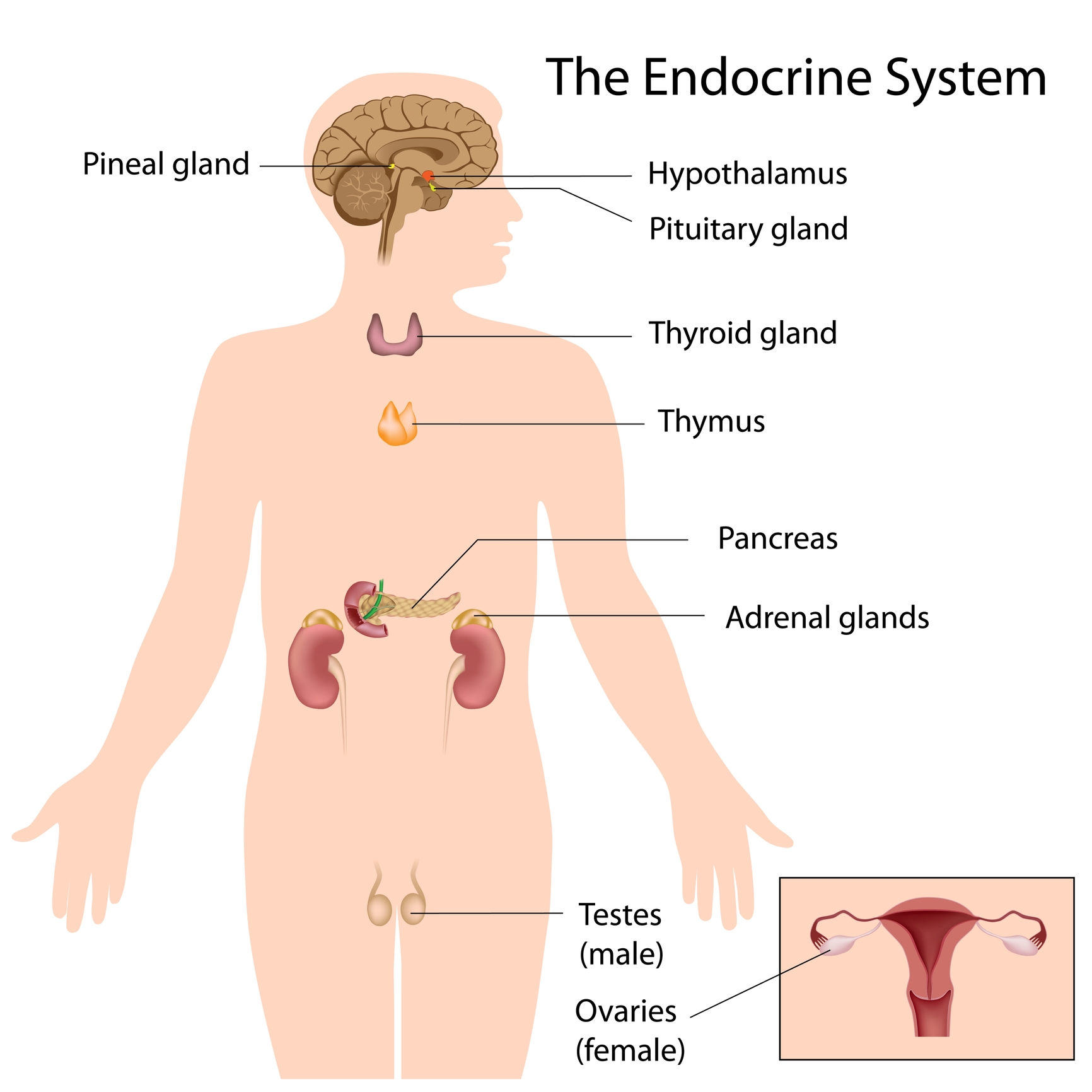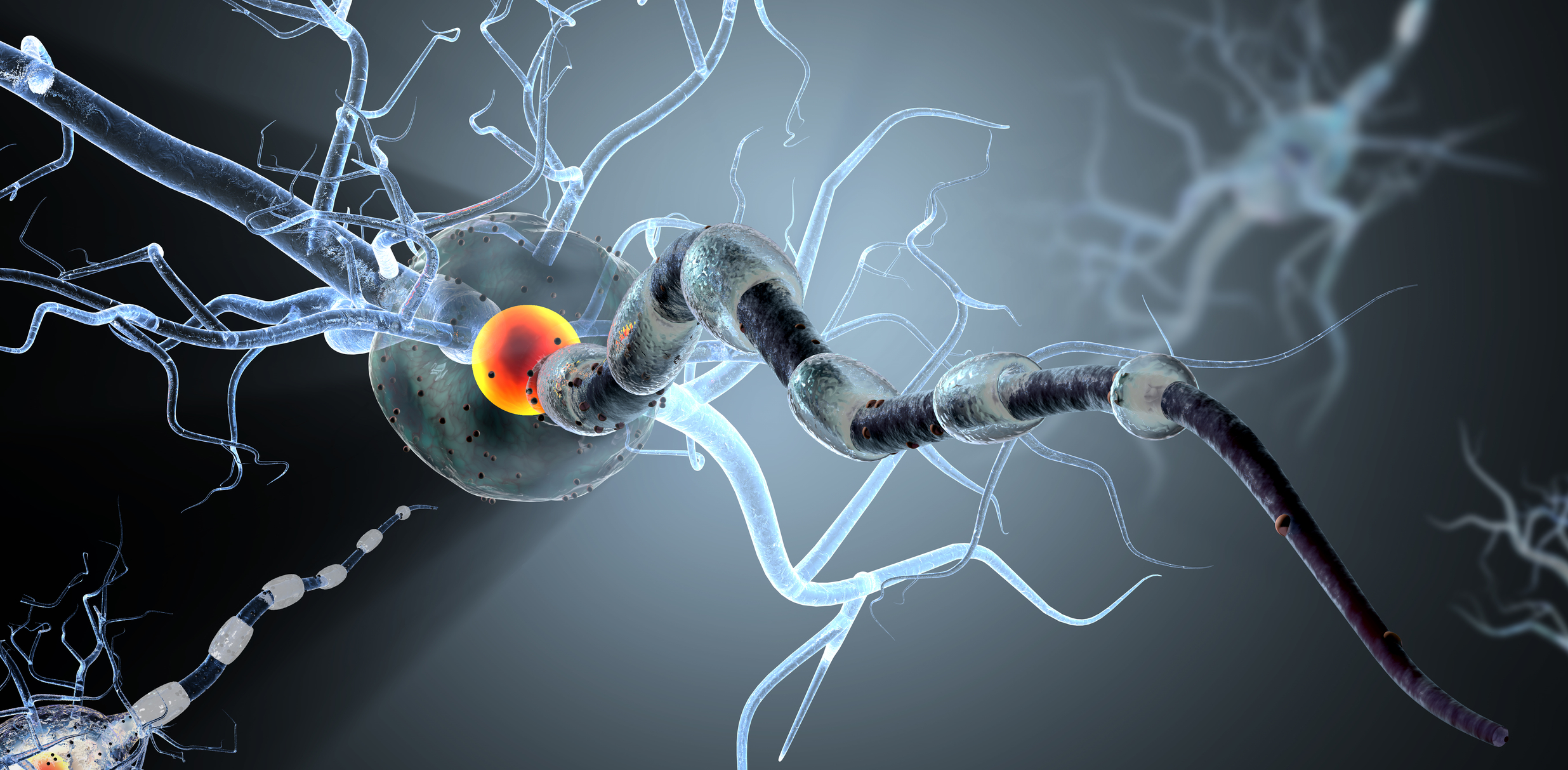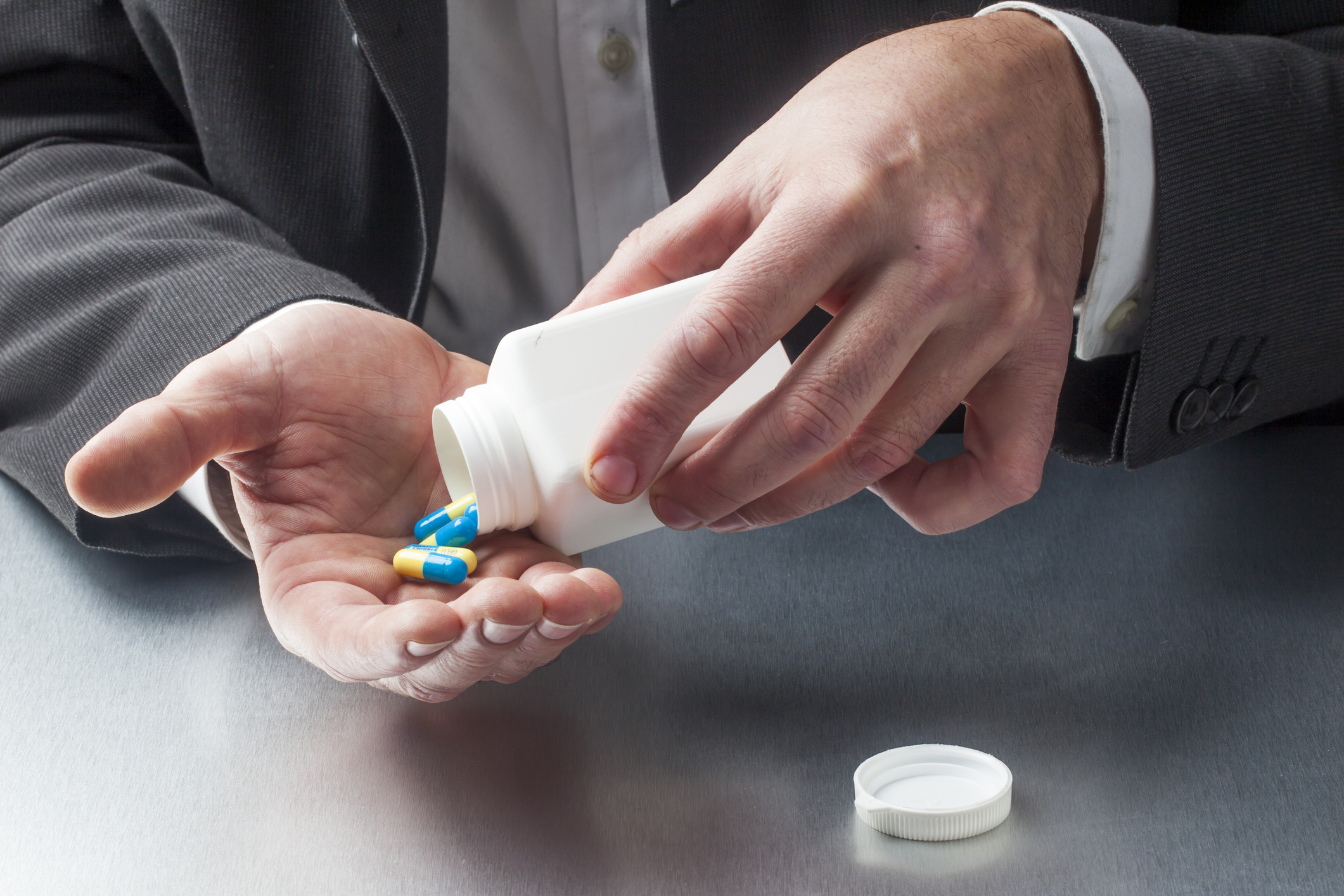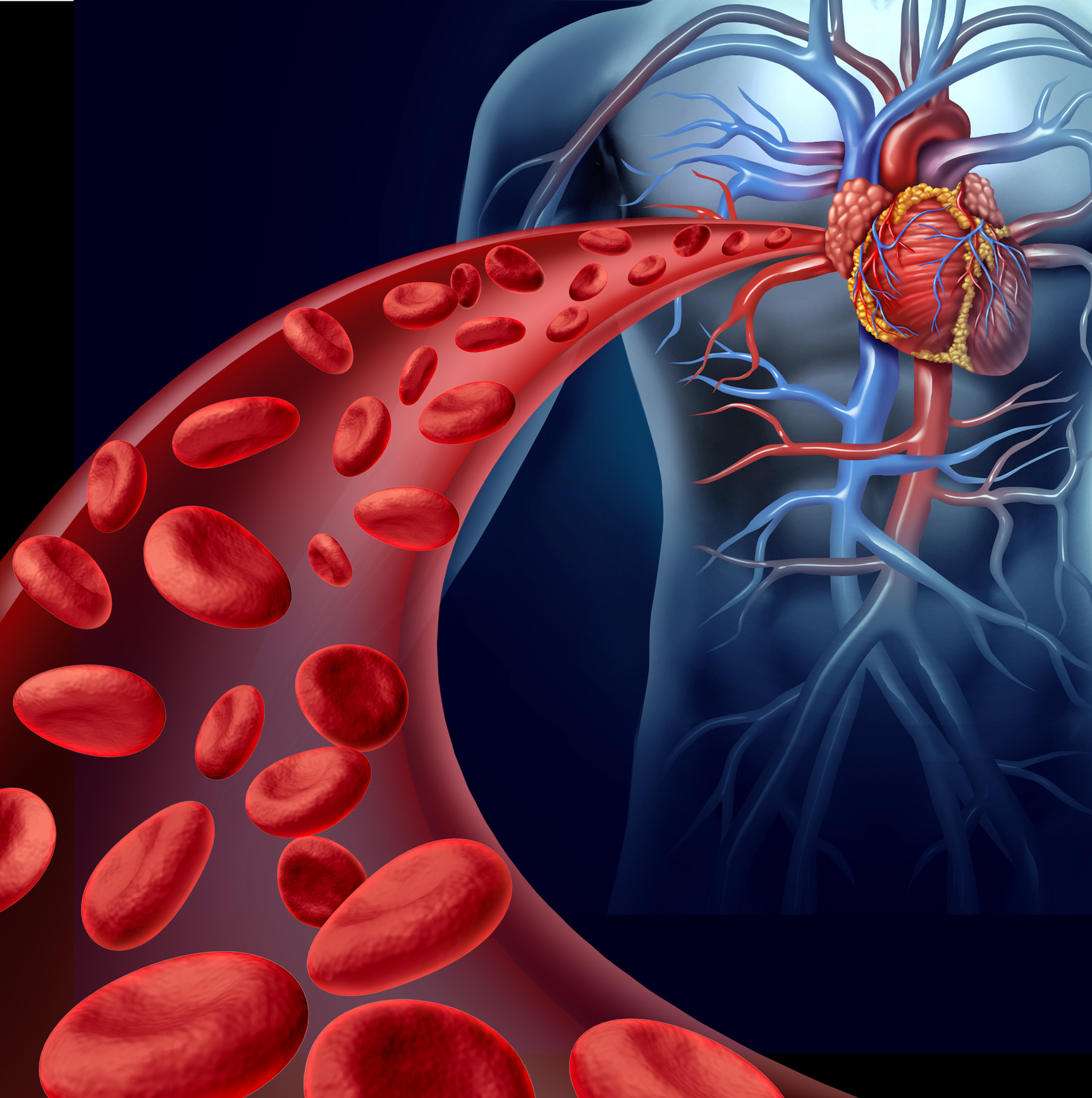10 Factors That Can Lead To Impotency
Impotence, or lack of ability to achieve or maintain an erection, is not something on the top of most men's conversation lists. There is no one single cause, and in many cases, there can be more than one factor contributing to impotence. Sometimes it is a combination of physical and emotional issues. The common problem affects about fifty percent of men aged forty to seventy, according to The Merck Manual, and the risk increases with age.
10. Obesity

Indulging in a lifestyle full of food high in saturated fats, combined with a lack of physical activity, is one of the main causes of obesity. For men, excessive weight can lead to impotency. A study was conducted among normal weight, overweight, and obese men and found that the more obese a man, the less testosterone he had. The obese men also tended to have high incidences of high blood pressure, another contributor to erectile dysfunction.
9. Endocrine Diseases

Hormones play a large role in a healthy sex life. They are responsible for the regulation of sexual function and reproduction, but also mood, which affects a man’s successful erection. When the endocrine system, which produces hormones, is impaired, the risk of impotence is heightened. Diabetes is a type of endocrine disease which can be complicated by nerve damage, restricted blood flow, and hormone levels, all necessary for a man to experience a fulfilled sex life.
8. Neurological And Nerve Disorders

The brain and the neurological system are closely connected and communicate with each other to make sure the body functions properly. When there is a problem with nerves, the brain cannot adequately send messages to the sex organs. The risk of impotence is high if these messages cannot reach the penis and give it instructions. Such disorders include Alzheimer’s disease, Parkinson’s disease, brain or spinal tumors, multiple sclerosis, stroke, and temporal lobe epilepsy.
7. Medications

If a man is on certain medications and finds he is having impaired erections, it might be worth a discussion with his doctor. Some medications have an effect on blood flow and have been linked to impotence. These include alpha-adrenergic blockers, beta-blockers, cancer chemotherapy drugs, central nervous system depressants, central nervous system stimulants, diuretics, selective serotonin reuptake inhibitors, and synthetic hormones.
6. Cardiac-Related Conditions

Since the penis depends on enough blood flow circulating its way in order to achieve an erection, a healthy heart is required. Heart conditions which impede blood flow have the potential to cause impotence. It is important to limit food and activities that cause high cholesterol and high blood pressure. Heart-healthy lifestyles include plenty of vegetables, adequate exercise, and no smoking.
5. Performance Anxiety

Whether it is a man’s first time, or he is a seasoned professional in bed, he may suffer performance anxiety. Failing to achieve an erection can lead to low self-esteem and puts him at risk for spiraling downward into depression. Poor past performance also sets him up for fear of failing next time. This type of erectile dysfunction may only occur with one particular partner. A man might find this happens only with sex but can get a full erection when masturbating.
4. Emotional Wellbeing

An erection is only possible if a man is successfully aroused. This excitement phase is made easier if he is happy and satisfied, and is significantly hindered by emotional disorders. A man suffering depression or anxiety is at a greater risk of developing erectile dysfunction. Depression causes internal feelings of despair and helplessness, as well as fatigue, all of which contribute to a lack of bedroom performance.
3. Lifestyle

A lifestyle of stress and unhealthy habits plays a role in the body’s natural physical functions so maintaining a balance between the good and bad ensures a healthy sex life. Lack of physical activity is a major cause of both physical and mental issues and being active reduces the risk of impotence. Staying away from excessive drugs and alcohol, getting adequate sleep, eating a nutritious diet, and avoiding anxiety and depression are all things men can do to live a healthy lifestyle.
2. Excessive Masturbation

Some people may not want to hear it, but too much masturbation can also be a bad thing. It may not lead to complete impotency in either gender, but there are concerns for which both sexes will want to be aware. Women risk vaginal numbness with too much use of vibrators and dildos, or at least desensitization of the clitoral nerves. When men over-masturbate, there is a chance they may end up with weak erections and leak semen.
1. Excessive Sex

According to self-proclaimed relationship expert, Dr. Edna, too much sex can be a bad thing. The hormones adrenaline and prolactin are set off during sex, producing energy and a sense of fulfillment respectively. Too much of these chemicals can have an impact on both genders physically because they alter the body chemistry. For men, that includes potential erectile dysfunction and pain in the groin. Women are not at risk of sexual issues but can suffer abdominal and vaginal discomfort.
